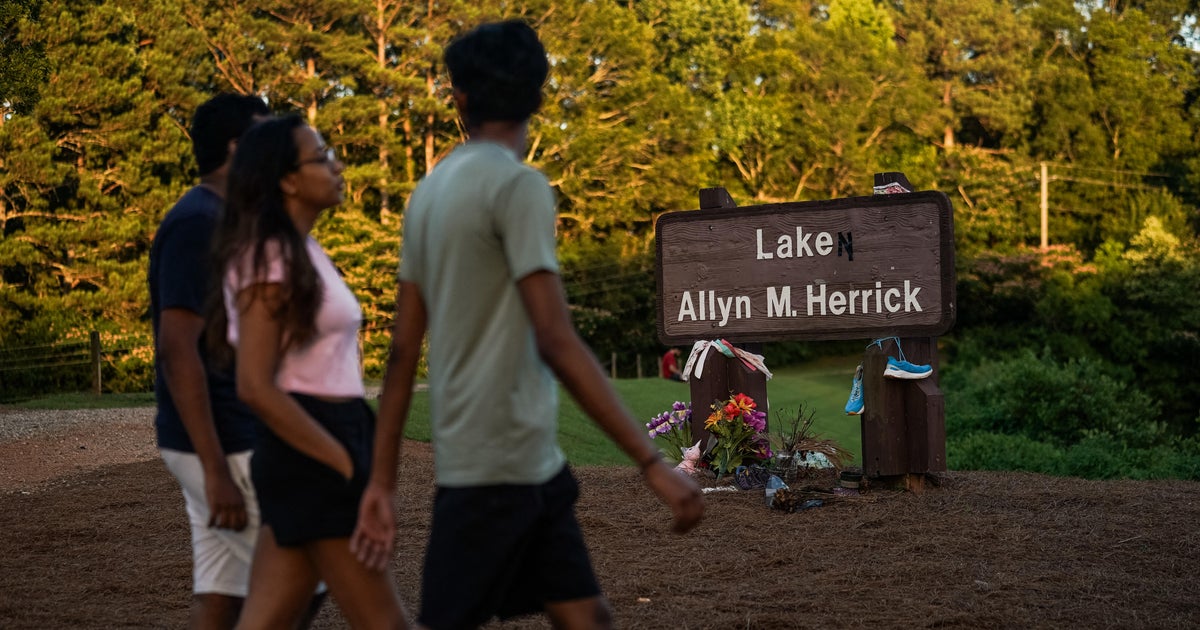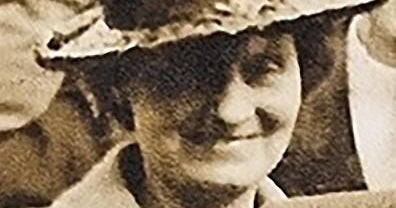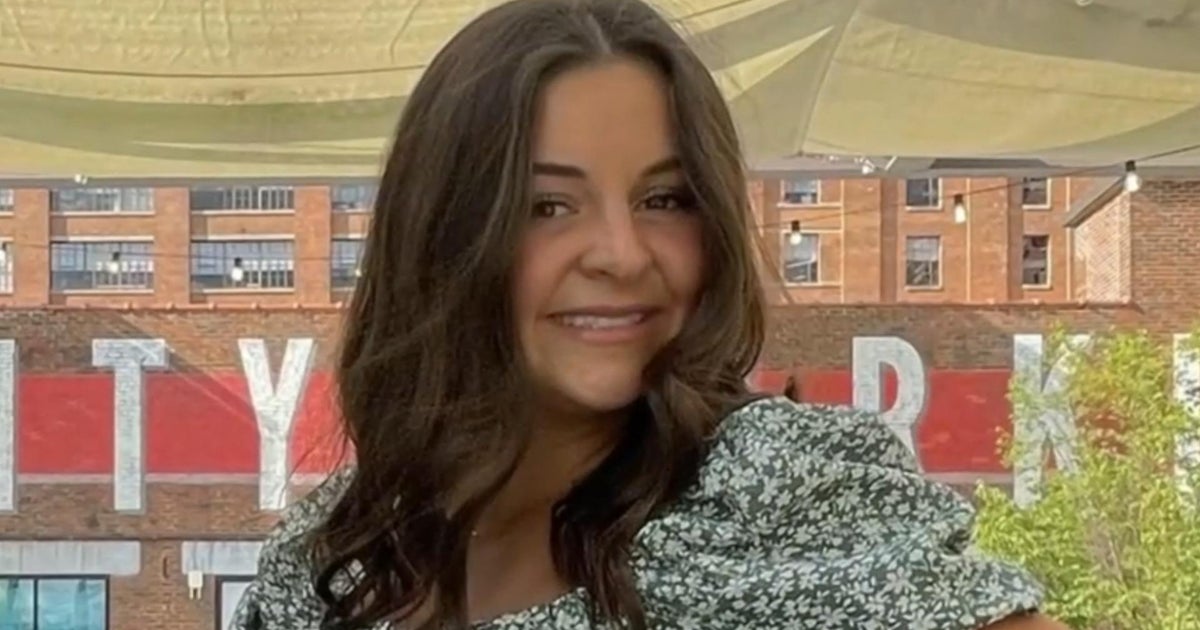Could your DNA help catch a killer?
CBS News correspondent Anne-Marie Green and "48 Hours" investigate the 1996 death of Angie Dodge and the hunt for her killer, which led law enforcement on a circuitous trail through a genealogy database, in "The Twisted Case of Angie Dodge."
If you have ever submitted your DNA to a genealogy database in search of long lost relatives or information about your ancestry, that database now houses your DNA profile and law enforcement might be able to access it to help them track down a killer. That is what happened in the murder case of Angie Dodge.
On the morning of June 13, 1996, two coworkers discovered 18-year-old Angie Dodge viciously murdered in her apartment in Idaho Falls, Idaho. Angie, who had recently moved out on her own, was stabbed and cut multiple times and left naked on the floor. Her family was devastated but they were certain that Angie's killer would soon be found and convicted, because he had left behind a pristine sample of his DNA.
Over the next 23 years, the Idaho Falls Police Department would test the that DNA profile against dozens of men and continually use it to search for Angie's killer in the national criminal database, but Angie's murderer continued to elude them — until Carol Dodge compelled investigators to look for people who might be related to her daughter's killer.
It all started in 2014, when investigators used the killer's DNA profile to search for his relatives in a small public DNA database owned by Ancestry.com. Ancestry had recently purchased the database, which consisted of men who had once participated in a genealogy study through their church. Police were able to search the database because, at the time, it was still publicly accessible. Much to everyone's surprise, investigators got a hit.
A man living in Jackson, Mississippi, by the name of Michael Usry Sr., shared 34 out of 35 DNA markers with Angie's killer. The match was so close that detectives were sure they had found the correct family tree, and began studying the other men in Usry's family. That is when they came across Usry's son, also named Michael, who appeared to have Facebook friends living in near Idaho Falls.
Michael Usry Jr., a young filmmaker, was living with his wife in New Orleans when detectives showed up at his doorstep and asked him to go to police headquarters with them for questioning. It turned out that Usry, whose latest film was about a young woman who was brutally murdered, had once traveled through Idaho Falls. Detectives took a swab of Usry's DNA and awaited the results. A month later, the results showed that Usry was not a match, but Dodge never stopped believing that Angie's killer was a member of the Usry family.
For the next five years, Dodge continued to push police to use genealogy to find Angie's killer, but the emerging science was still not sophisticated enough to use what was now a degraded DNA sample. Then in 2019, Dodge met a genealogist named CeCe Moore who was working with a company called Parabon NanoLabs. Moore and Parabon had been making huge strides in solving cold cases using genealogy and public DNA databases, when they agreed to take on Angie's case. Parabon was able to create a searchable DNA profile and Moore uploaded it to the public DNA database GEDmatch. What followed is nothing short of a miracle.
After six months of looking for what seemed like a needle in a haystack, Moore was able to find a man who she believed could be Angie's killer. To test Moore's theory, detectives had to follow their suspect and surreptitiously collect his DNA. Days later, a cigarette butt confirmed Moore's suspicions. The man who matches the DNA left at the crime scene had finally been found, and as it turned out, he was Michael Usry's distant relative — a seventh cousin.
Usry, who has become very close with Carol Dodge, is happy that Angie's killer is finally in custody, but he worries about the implications of using genealogy to track criminals. "I think that we really need to be cautious and take a step back and look at this technology," says Michael Usry. Carol Dodge disagrees and says that genealogy "is the key that opens the door to justice."




